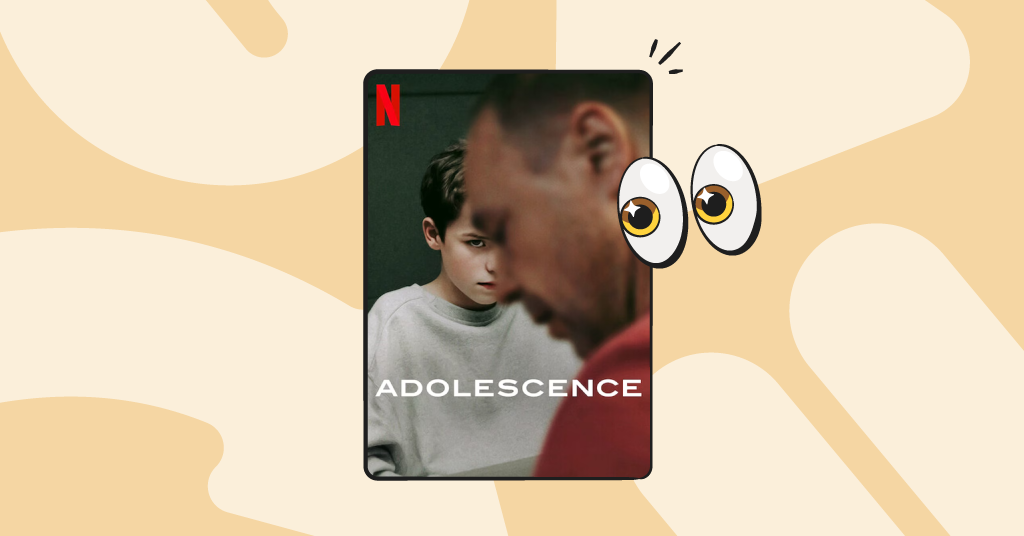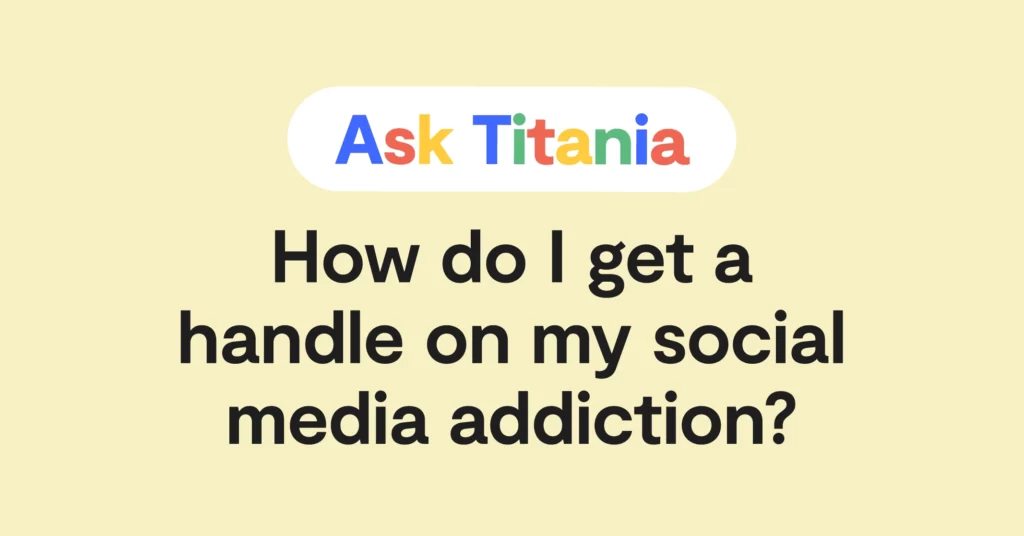
Ask any Gen Xer or elder Millenial and you’ll learn that the 1990s truly were a golden age for teen movies. This was the last decade to feature high school kids navigating life without the internet and smartphones, so of course it feels extra special.
Fast forward 25+ years and many of us now have adolescents of our own. The movies we loved growing up in the '90s have stuck with us, though. When you settle in for a rewatch of some of your favorites, the life lessons they teach can also apply to parenting and raising kids now that we’re older. Let’s dive in!
8 Parenting Lessons from Our Favorite '90s Teen Movies
Clueless: Communication is key
Beverly Hills teen Cher Horowitz may be clueless when it comes to love, but when it comes to communicating with her dad, she’s a pro. It goes both ways, too — father and daughter take time to eat meals together, discuss serious topics, and feel comfortable enough around each other to freely speak their minds. It’s a good lesson to remember, and even though you may not always agree with your kid, it’s essential to speak your truth and listen to theirs. A lot.
Romeo + Juliet: Being a teenager is a very emotional time
Even before Baz Luhrman directed the 1995 modern-day version of Shakespeare’s popular play with a young Leonardo Decaprio, parents throughout the ages have recognized the very timeless truth at the heart of the play — teenagers have a lot of feelings. Every strong emotion feels like it’s the first time a human’s ever felt an emotion. Adulthood tempers our feelings over time, so it can be hard to relate. But remember: You were a young and hot-headed kid once too, so try and empathize occasionally when your child is feeling upset, smitten, or excited. And like all emotions — no feeling lasts forever.
She’s All That: Encourage your child to always be themselves
Quirky and artistic Laney Boggs is made over into a traditional “popular” girl in this classic coming-of-age movie, and the lesson we learned as teenagers is that it’s not what’s on the outside that matters — it’s what’s on the inside. As parents, it can be hard to see your child struggling if they’re not fitting in or meeting goals you necessarily had as a teen. But it’s more important to let your child create their own version of themselves. In the movie, that’s seen in letting not only Laney be her creative, artistic self, but also in the popular jock character Zach, who is more thoughtful and intellectual than he lets on for fear of being teased. Encourage your child to be themselves in every possible way.
10 Things I Hate About You: Kids have to learn independence
Angsty Kat and picture-perfect Bianca and their romantic adventures may be at the heart of this movie, but underlying the main conflict is their relationship with their single father. He loves them dearly, but he’s a tad overbearing. He pressures Kat to skip her admission to Sarah Lawrence College and attend his nearby alma mater. The father also limits Bianca’s dating life by decreeing that she can only be asked out if her sister does, too. It’s natural to want to keep your kids close and safe, but as they grow up, they need to be able to stretch their wings a bit — it’s the only way they’ll be able to learn things on their own. You can always be a soft place for your kids to land if you’re worried about too much independence.
Pleasantville: Embrace imperfections — they’re what make us human
"Pleasantville" takes us on a journey into a 1950s-era, black-and-white world where perfection reigns supreme. In this too-perfect town, change is feared, and anything outside the norm is met with resistance. Throughout the movie, the characters start to experience emotions and desires beyond what they've known, and they learn that true fulfillment comes from embracing their authentic selves, flaws, and all. As parents, it's important to teach our children that it's okay to make mistakes and that imperfections are 100% okay.
Rudy: Teach your kid to be doggedly determined in pursuit of dreams
Who among us hasn’t chanted “Rudy! Rudy! Rudy!” in support of someone trying their hardest? Despite being repeatedly told he doesn't have what it takes to play college football, Rudy's determination and unwavering commitment drive him to achieve the near-impossible — joining the famous Notre Dame football team. As parents, we can learn from Rudy's resilience and teach our children the value of perseverance. Encourage them to chase their dreams with passion and dedication, even when the odds seem stacked against them, because you never know when a breakthrough is right around the corner.
Now & Then: Friendships are one of the most important things in life
Four friends, bonded since middle school, meet up as adults to support each other and reminisce about growing up in the late 1960s. Seeing these women’s bond is powerful, both in the nostalgic flashbacks and in the present-day setting. As adults, we identify more with the older characters, but for kids, the real draw is the friendships of the children. Encourage your own kids to cultivate meaningful relationships and cherish the moments shared with their friends. Whether it's through laughter, support, or shared experiences, friendships offer invaluable lessons and support that can last a lifetime. Loyalty, empathy, and acceptance in friendships lay the foundation for strong, lasting connections that endure through the years.
Sister Act 2: Support your child’s passions
Everyone’s favorite honorary nun Sister Mary Clarence inspires her students to embrace their musical talents and pursue their dreams of entering the all-state choir championship. As a parent, learn from her example and encourage your child to explore their interests and develop their skills. It can be anything, from tennis and swimming to e-sports and quiz bowl. Nurturing your child's passions fosters confidence, creativity, and a sense of purpose. Encourage their talents, teach them follow their hearts, and above all, always be in their corner shouting the loudest.
Bark: The Parenting App Our Generation Loves
Moms and dads didn’t have to deal with the same issues our generation does — cyberbullying, online predators, and tons of other issues just didn’t exist yet. Fortunately, Bark is here to help with parenting in the digital age. Bark’s monitoring technology — which comes with our downloadable app for children’s iOS and Android devices as well as our kid-focused Bark Phone — scans online activities like texts and social media for signs of potential dangers and sends parents important alerts. With Bark, you can also manage screen time, block websites & apps, and even track location. Perhaps most importantly, however, is how Bark can help you grow closer to your kid with important conversations about the serious stuff in life.
Read more
Bark helps families manage and protect their children’s digital lives.





